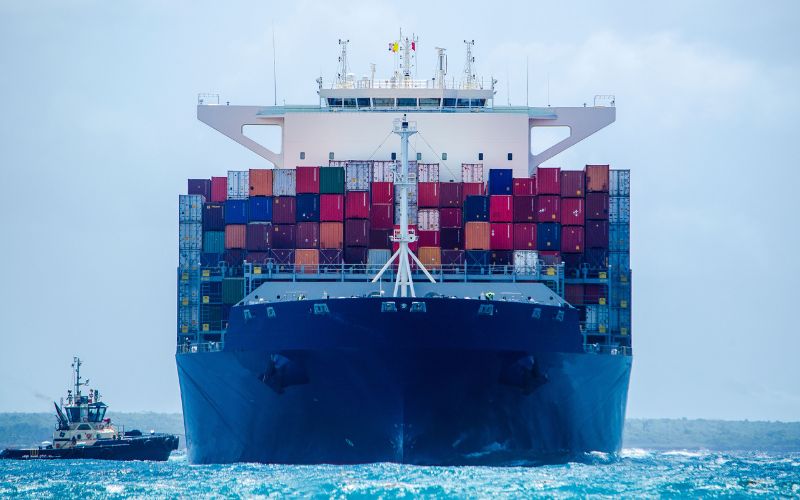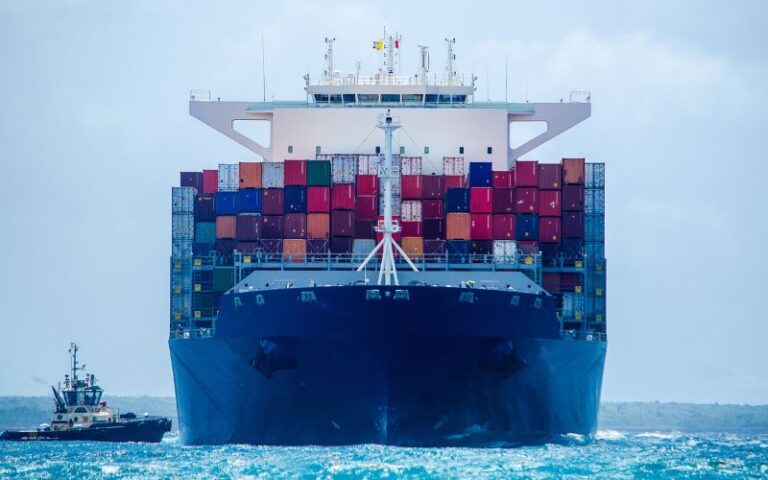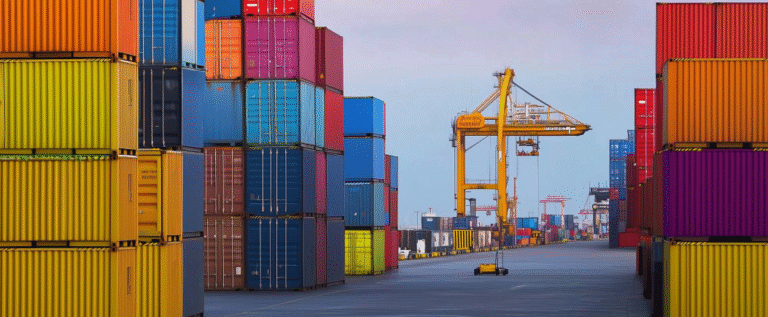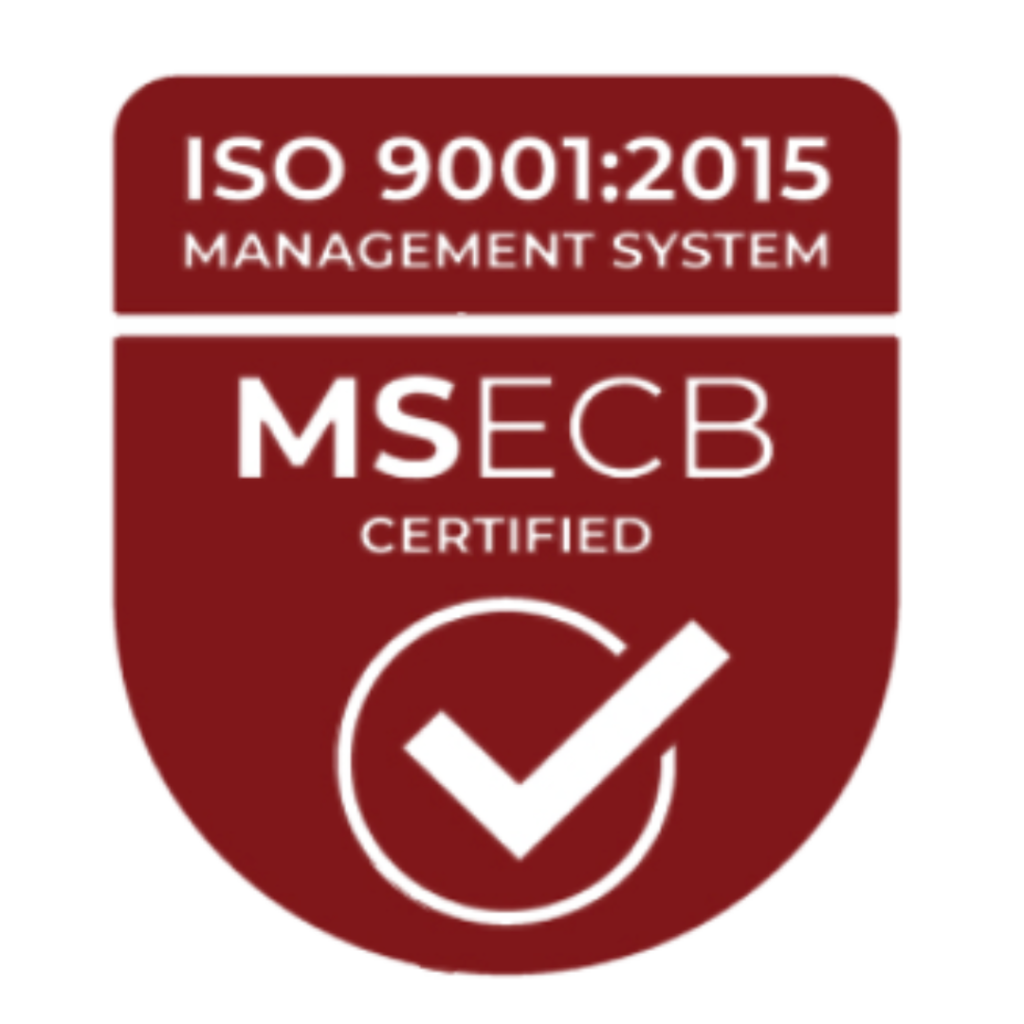In the high-stakes world of shipping and offshore logistics, every decision has far-reaching financial, operational, and reputational consequences. Top charterers, commodity trading giants, and oil majors meticulously select their maritime partners, knowing that timely cargo deliveries, stringent safety and compliance standards, and adaptability to unique port requirements are paramount.
In West Africa, where port infrastructure is limited and regulations are constantly evolving, partnering with a seasoned shipping company is not just a preference – it’s a necessity. So, what drives the world’s most demanding charterers to consistently choose trusted, local marine service providers? Let’s take a closer look.
1. Demonstrated Experience with High-Temperature Conditions
Navigating West African ports, particularly in Nigeria, demands expertise and finesse. With busy terminals, unpredictable weather, sudden regulatory checks, and potential labor protests, even a single misstep can derail operations.
Seasoned shipping companies bring more than just personnel to the table – they offer tried-and-tested protocols, invaluable local knowledge, and the agility to adapt. They offer;
- Cross-sensitivity between cargo type and ship type (tanker, LNG, bulk, container, offshore supply), to anticipate each operation’s distinctive challenges
- Demonstrated history of performing involved, high-risk missions, including double-port releases, STS (ship-to-ship) off-shore transfers, and difficult services like medical evictions or priority crew exchange
- Detailed information regarding procedures at Nigerian port conditions, customs, unofficial procedures, and old connections that facilitate expediting berthing, coordination of inspections, and customs release
For major charterers, this level of tried-and-tested experience isn’t an option–it’s smooth clearing or potential loss of business to thousands of dollars per day.
2. Regulations, Licensing, and Regulatory Experience
Chartering at Nigerian ports without the correct documents or an ambiguous process is risky. Charterers utilizing unprofessional agents risk having their boats confiscated, blacklisted, or heavily fined. Trustworthy shipping organizations eliminate this threat with:
- Valid operating permits and licenses from NPA, NIMASA, and Nigerian Customs Service
- ISO-certified quality and safety management frameworks, guaranteeing international standards of practice
- Close coordination with SON, NDLEA, Port Health, and Immigration, facilitating fast turnaround inspections with minimal disruption
- Port circulars, news updates, tariff amendments, and customs code updates, one step ahead of the charterers.
In Nigeria’s fast-changing maritime environment, compliance is an enterprise differentiator that protects your vessel, crew, and corporate reputation.
3. Operational Responsibility & Good Finances
Major charterers deal with expensive cargo and run under tight schedules where every minute off-schedule operation means lost profits. In this risky setting, financial disruption or adverse cost management by an ocean partner could upset the overall operation.
Senior charterers, thus, never seek sea firms that project financial solidity with open operations. The pointers of note at number one are:
- Legibly intelligible, itemized bills and after-procedure financial statements, down to every dollar, with every dollar traced
- Advance payment authorization of port charges, crew logistics expenses, and permit fees without vessel clearance being held back
- Clean auditing trails and real-time linkages with reputable banks as evidence of operating reliability and accountability.
A successful port financial partner doesn’t just save your budget, they preserve your reputation, ensure smoother, trouble-free port stops, and provide an overall better experience.
4. 24/7 Support and Real-Time Communication
At sea, operations are not 9-to-5. Ship arrivals, inspections, and issues with ports take place in the dead of night, over weekends, or on holidays. That’s why dependable communication and around-the-clock availability are absolute requirements. Large shipping agencies offer:
- 24/7 call-in lines, manned by trained coordinators who will respond immediately to developments or crises in operations
- In-terminal exclusive port managers to watch over, in real time, berthing, inspections, pilot boarding, and cargo transfer
- Emergency response teams in the context of emergencies like oil spills, ship damage, or denied berthing
- Instant messaging with satellite, VHF radio, and secure WhatsApp groups, tailor-made per chartered vessel
With access at all hours, the charterers ensure that no matter what the hour and time zone, they are always in full operational control.
5. Strong Government & Port Relations
Cutting through red tape in Nigerian ports such as Lagos, Onne, or Warri takes more than just paperwork – it demands local connections and expertise. Giant shipping companies usually:
- Establish long-term relationships with critical NPA, NIMASA, and Customs officials
- Know which terminals will most likely have delays or have more inspections
- Speed up cargo clearance or resolution of disputes via institutional credibility
These contacts frequently provide the tipping point between days and hours of lag.
6. End-to-End In-House Services
The full-service agencies provide all the operational facilities under one roof, including:
- Crew change arrangements (visas, security escorts, transfers at airports)
- Transfer of ship spares (from customs clearance until transfer onboard)
- Bunkering surveillance, sludge/slops disposing, waste
- Planning for boat launching and pilotage at offshore terminals
By having facilities in-house, down services and third-party mistakes are avoided.
7. Safety: No Injury Record
Charterers under an ISM and TMSA regime cannot risk accidents, injuries, or non-conformity in their business operations within ports. Reliable shipping companies:
- Implement rigorous HSSE practices in all port-side operations
- Train ISPS, fire-fighting, and emergency evacuation personnel
- Report and notify customers with safety KPIs
- Screened with major oil firms, with increased credibility brought to it
Your clean safety sheet is a large factor that helps to maintain steady clients.
8. Local Knowledge & Cultural Competence
From tribal adolescent crises in the Niger Delta to berthed worker industrial action in Apapa, Nigerian ports are characterized by cultural sensitivity. So, legacy agencies:
- Use local liaison officers with knowledge of port unions and customs
- In diffuse tension or pre-empting disturbances arising out of protest, checkpoint, or people’s agendas
- Recommend public holidays, voting periods, and events that will impact ports’ operations
Charterers depend on collaborators who can perceive the whole picture—not just port timetables.
9. Risk Management and Contingency Planning
When disruptions hit, like a fog-stranded pilot, unexpected customs inspections, or engine breakdowns on offshore ships, major shipping companies:
- Add agreed-pre conditions procedures
- Activate backup tugs, launch boats, etc., without delay
- Be covered against mistakes, damage, or third-party action
- Maintain round-the-clock availability of emergency response services like security escort, medevac, and fire support
By having contingency arrangements in place, charterers avoid disruption and liability.
10. Client Retention and Reputation
Lead charterers do not negotiate with suppliers; rather, they form long-term relationships. Reputation is everything. Modern shipping companies:
- Must possess offshore/international customer dealing experience, i.e., IOCs, large shipping companies etc.
- Are you often approached by charters, brokers, and captains of ports
- Are brought once a year for the last rig moves, annual shutdowns, and a constant flow of cargo
A good sailing name is worked for, not inherited.
Conclusion
Experienced charterers understand the risks and challenges of Nigerian marine operations. To mitigate these risks, they partner with seasoned maritime companies that offer a comprehensive solution. These companies provide a single point of contact for all operational needs.
By partnering with a trusted maritime company, charterers can focus on their core business, knowing that their shipping operations are in good hands.
Ready to Partner With a Maritime Company That Gets It Right?
Wolid International Ltd. delivers consistent, reliable ocean freight solutions tailored to your needs. From vessel calls and crew changes to cargo clearance and offshore operations, our expertise ensures seamless execution.
Whether you’re an oil major, shipowner, freight forwarder, or EPC contractor, Wolid International Ltd. is your trusted partner, providing ground-level expertise and support. We provide;
- In-House Services: Comprehensive solutions under one roof
- 24/7 Operational Support: Always-on assistance for timely resolutions
- Proven Track Record: Trusted by global charterers and logisticians
- Unwavering Commitment: To safety, transparency, and dependability
Contact Wolid Today
Phone: +234 (0) 803 771 6463
Email: info@wolidinternational.com
Website: www.wolidinternational.com
Let’s put your operations in motion—with confidence.
